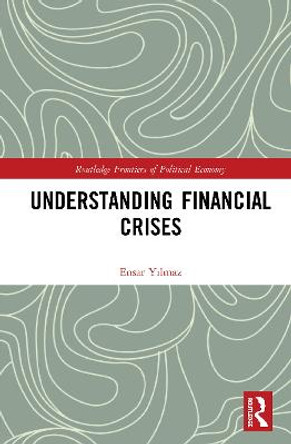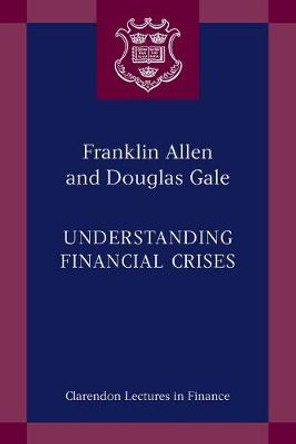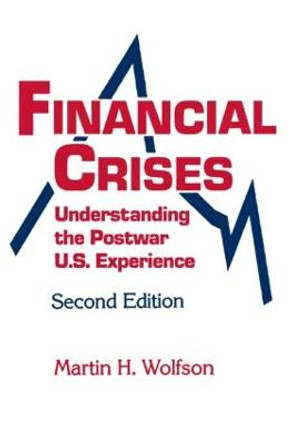Description
Incorporating a broad range of economic approaches, Understanding Financial Crises explores the merits of various arguments and theories which have been used to explain the causes of financial crises.
The book explores eight of these different explanations: underconsumption, debt accumulation, financialization, income inequality, financial fragility, tendency of rate of profit to fall, human behavior, and global imbalances. The introduction provides a brief overview of each argument along with a comparison of their relative merits. Each chapter then introduces one of the arguments, explores a historical case, and focuses on the insights that can be gleaned into the global crisis in 2007-2008. The book draws on insights from various schools of thought including post-Keynesian economics, Marxist economics, behavioral economics, neoclassical economics, and more, to provide a pluralist overview of the causes of economic crises in general and the Great Recession in particular.
This book marks a significant contribution to the literature on economic and financial crises, political economy and heterodox economics. It is well suited to academicians, practitioners, and financial analysts working within the relevant fields.
About the Author
Ensar Yilmaz is a professor at Yildiz Technical University, Istanbul, Turkey, where he teaches in the Department of Economics. He is the author of several articles in the subjects of macroeconomics, financial regulation, income distribution and game theory.
Book Information
ISBN 9780367532499
Author Ensar Yilmaz
Format Paperback
Page Count 246
Imprint Routledge
Publisher Taylor & Francis Ltd
Weight(grams) 320g






